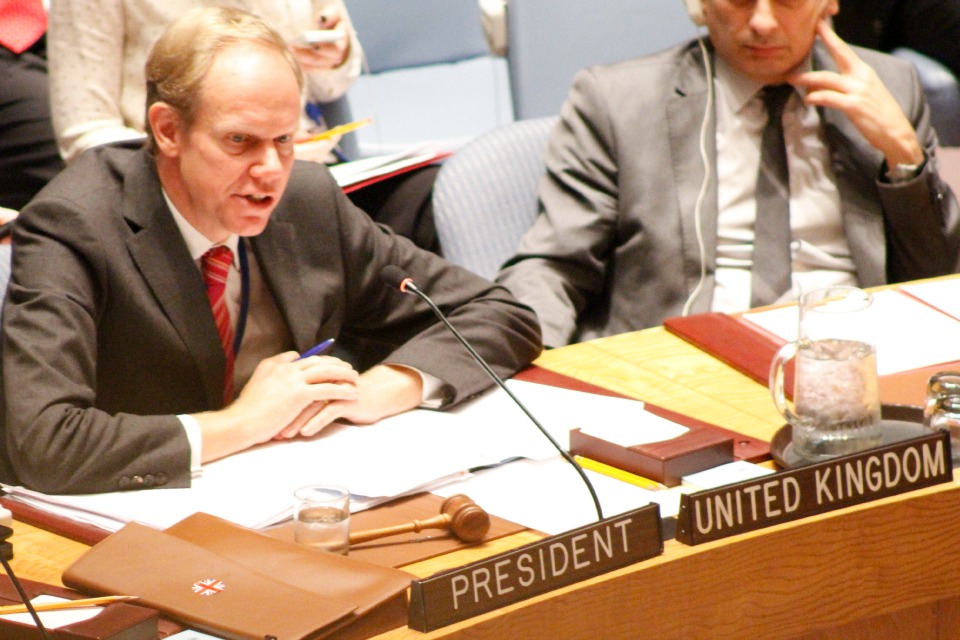"Kosovo’s integration into international organisations is positive for Kosovo and for the region."
Statement by Ambassador Matthew Rycroft of the UK Mission to the UN at the Security Council on Kosovo

I join others in welcoming Special Representative Tanin to the Council in his new capacity. I look forward to working with you. I also want to welcome Deputy Prime Minister Dacic and Ambassador Citaku to the Council and I thank them for their statements.
I’d like to begin by welcoming the dignified response shown by Kosovo after their bid to join UNESCO fell short. Kosovo’s integration into international organisations is positive for Kosovo and for the region, and we will continue to support it, despite this setback.
We appreciate Kosovo’s strong commitment to protecting Serbian cultural and religious heritage, irrespective of the UNESCO result. The withdrawal of the controversial draft law on cultural heritage was an important signal of this.
But like others here today, we understand the concerns set out in the Secretary-General’s report about attacks against minorities and religious heritage.
Most of these incidents aren’t ethnically motivated; they are criminal in nature. We still encourage Kosovo to do more to promote social cohesion and integration. This means reaching out to minority communities; it means more mayors and more police commissioners condemning attacks and working together. And we applaud the efforts of those who have already done so, including in Mitrovica.
We recognise that such steps require political leadership and courage. We have seen signs of this political will since August, most notably in the adoption of the constitutional amendments and laws for the Special Court. We are pleased that Kosovo has begun negotiations with the Netherlands and we look forward to continued progress.
Political leadership has also been shown by Serbia. We welcome the invitation for Kosovo’s Commission for the Missing to attend the excavations at Jaloviste in Serbia. This is an encouraging sign of better cooperation to identify missing persons. Sadly, more progress must be made identifying missing persons in Kosovo, and we urge all those with information to come forward.
We have also seen political leadership in the four positive agreements reached in the Dialogue in August. The Dialogue remains the most effective way of normalising relations; it is vital to the future prosperity and stability of the Western Balkans, and to the well being of Kosovo’s people.
We encourage both sides to continue to show leadership, and to take the difficult political decisions needed to ensure the success of the Dialogue. Both sides need to deliver the benefits of the Dialogue for all their citizens. This means implementing the agreements, changing legislation where necessary, and remaining genuinely committed to the process.
So we are concerned that the Kosovo opposition are using violence to block the work of the Assembly and, worse yet, that individual members of the government have been assaulted. We object to the blocking of democratic processes and the opposition’s use of violence for political ends. Reports of injuries yesterday should worry us all. The Kosovo Assembly needs to be allowed to hold a free and open debate on all issues affecting the country, including the pressing need to improve the rule of law.
Let me close by thanking the SRSG and the representatives from Serbia and Kosovo for a session that has been relatively constructive in tone so far. The UK’s longstanding view that we should reduce the frequency of these sessions continues. Though challenges remain, the reality on the ground does not warrant this level of Council attention. We are now in the third year of the dialogue by the European Union between Serbia and Kosovo. The EU and Kosovo have now signed a Stabilisation and Association Agreement which we warmly welcome. It is time to conclude that it is Europe, and not this Council, that will bring momentum and further progress.